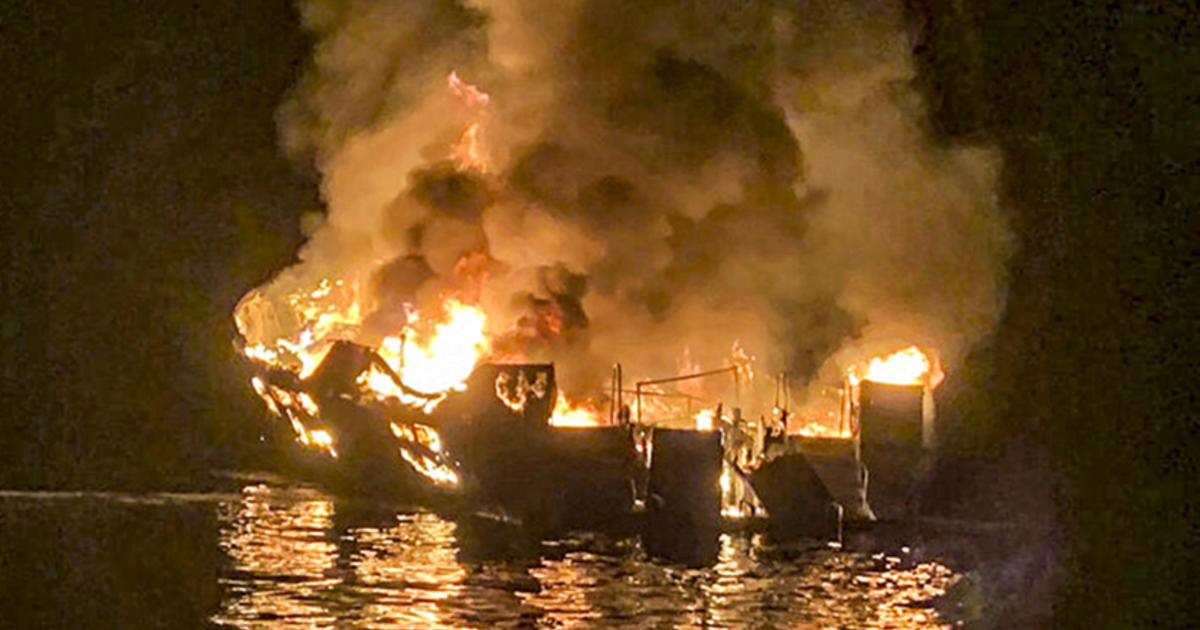According to how I read one of the stories on this, the owner is not out of the woods.
@nolatom can check me on this (and thanks to him for reminding us of the myriad lives affected by these dozens of avoidable deaths). The gross negligence finding has major implications for the limitation-of liability-proceedings filed by the owners shortly after the disaster. Vessel owners can limit their liability to the residual value of the ship and its cargo, which in the case of a fire or sinking is likely nil.
The point of the limitations law is to prevent a shipping line from being responsible under normal circumstances for the value of lost cargo--or lost lives. The policy perspective is that having to pay for, e.g., all the cargo lost on a merchant vessel (lives lost on a cruise ship) could bankrupt the vessel owner, who has also lost its vessel, thus shifting the burden of insuring against hazards at sea to the shipper or passenger. But if the vessel owner or its responsible agents are grossly negligent, the burden of proving that liability should be limited falls on the vessel owners, whose liability will likely extent beyond the residual value of the vessel.
The result may depend on the assets and insurance coverage owned by the vessel owner, although insurers will be able to assert that the gross negligence defeats coverage.
As pointed out in the thread, the limitations statute has been recently amended, in specific response to this casualty, to exclude vessels which accommodate 49 or fewer overnight passengers in domestic waters, and 150 or fewer in international waters. The legislation was proposed to be retroactive to before the
Conception tragedy, but that provision did not survive the sausage grinder, so the survivors' claims are subject to the limitations law--but with the finding of gross negligence that may not be a meaningful difference.

www.cbsnews.com





